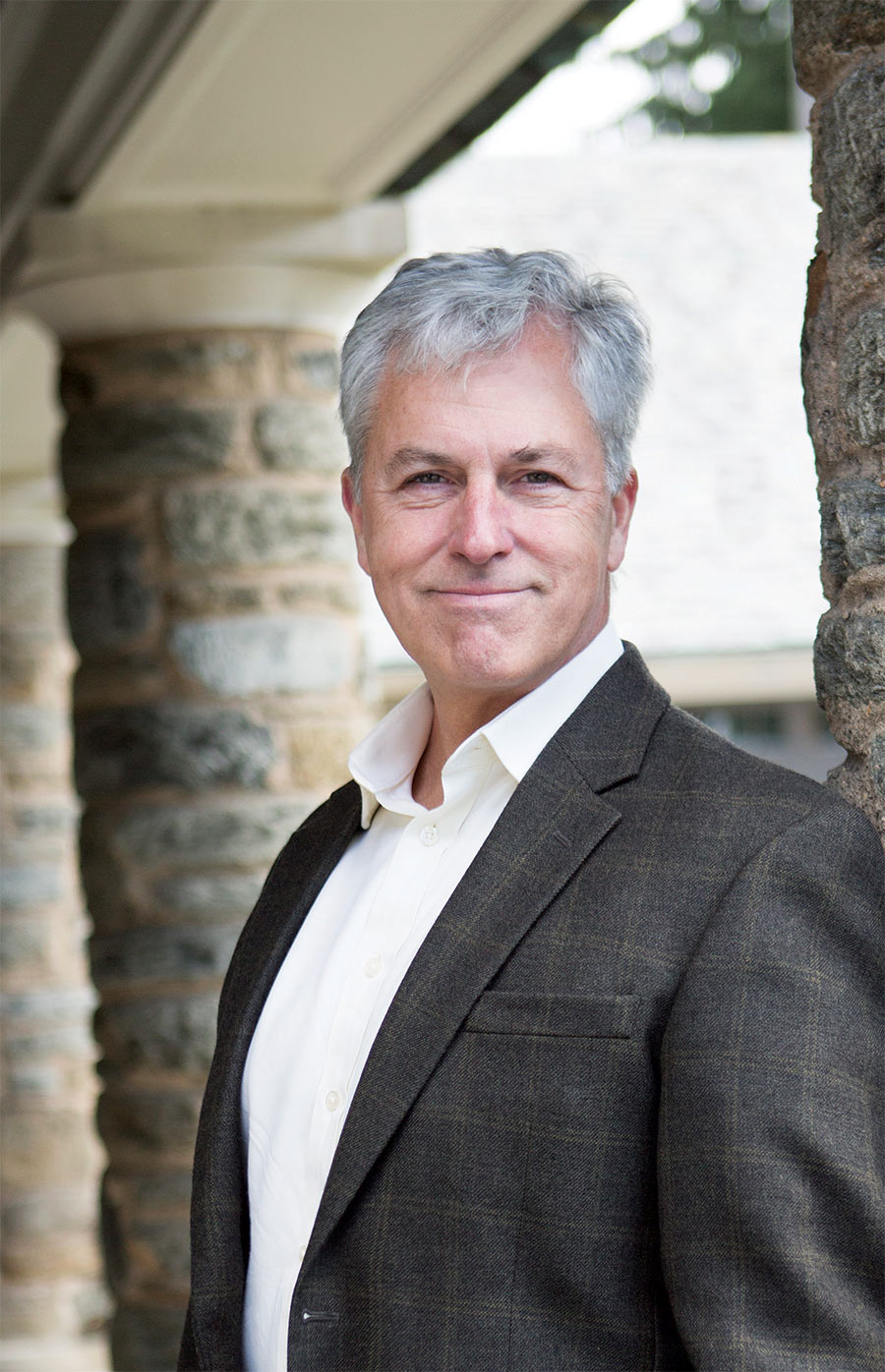Suicide rates are much higher in prison than in the general population, and Lefever aimed to identify and respond to inmates who might be at risk for self-harm. But he also worked with many patients who had serious mental illnesses such as schizophrenia or other psychoses. “Many of the state mental-health facilities have closed down, which meant we were caring for extremely mentally ill people who needed a lot of attention,” Lefever says.
Working in the criminal-justice system raised new challenges for Lefever. Some inmates would spend months in jail while they awaited trial, but others would cycle in and out — often after committing offenses related to their mental illness or substance-abuse problems. Lefever had a staff of just a few clinicians to treat thousands of patients, which meant they were constantly backlogged with cases.

Lefever left the prison in 2018 to focus on consulting, writing and private-practice patients. Part of his motivation, he says, was to focus on preventing mental-health problems, rather than treating extremely ill patients. But he still sees his time at York County Prison as meaningful, because he was able to help people turn their lives around. Says Lefever, “It’s always satisfying when you’ve made a significant breakthrough that means they’re less likely to end up behind bars again.”